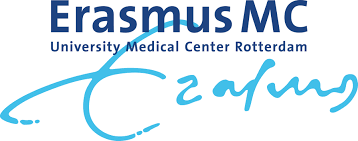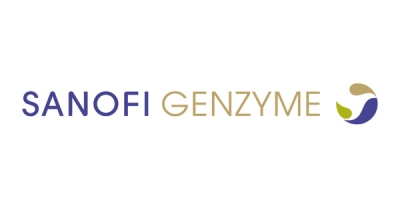Towards a better understanding of enzyme replacement therapy for Pompe’s diseases
Pompe disease is the first inherited neuromuscular disorder for which successful translational research has resulted in an effective disease specific treatment (since 2006). The Erasmus MC, Center for Lysosomal and Metabolic diseases, the national and international expert center played a key role in the development of this therapy. It is evident that the pioneering road towards a cure does not end with the first therapeutic implementation. In this project we work together with the biotechnical company that has been involved in the development of a treatment for Pompe disease for many years. Together we want to gain further knowledge on the effects of treatment, but also on how to tackle the challenges that we observe in our patients and to implement the new insights in the development of maximally effective treatments.
Enzyme replacement therapy has changed prospects for patients, by improvement of survival, motor outcome and quality of life. Not all patients respond equally well. The main deliverable of this project is to uncover the unknowns by among others delineating the long term outcome of patients, improving prospects of patients by modulation of the therapy and by identification of disease modifying factors. The project aims to answer in total 15 unanswered research questions over a period of 5 years. The results will lead to more personalised medicine, which is one of the key elements in our care taking of patients with orphan diseases. With this project we contribute to the second key objective of Health-Holland, namely to maximise effect and minimise burden.
The project will be a public private partnership, and involves the key departments of our expert center, the departments of Pediatrics, Internal medicine, Neurology, Clinical Genetics and the Hospital Pharmacy. In our center combining knowledge and expertise are instrumental for making the “essential” difference in applied clinical and translational research and development of innovative therapies. The center collaborates with patient organizations around the world. Together we capture the patients point of view via a unique project collecting patient reported data, the IPA Erasmus MC survey, which is active since 2002. The data of this survey will also be used for the project. The center serves as an international recognized expert center for rare metabolic and rare neuromuscular diseases, has been acknowledged as such by the Ministry of Health and participates in two European Reference Networks (ERN) for Rare Diseases, MetbERN and EuroNMD.
In conclusion the project will advance our knowledge on Pompe disease, the mechanisms and modifying factors involved which are essential for the efficacy of current and future therapies. The results of this project are not only important for patients with Pompe disease, but also for development of therapies for patients with similar rare genetic diseases. The study is ongoing and will be completed in 2020.


